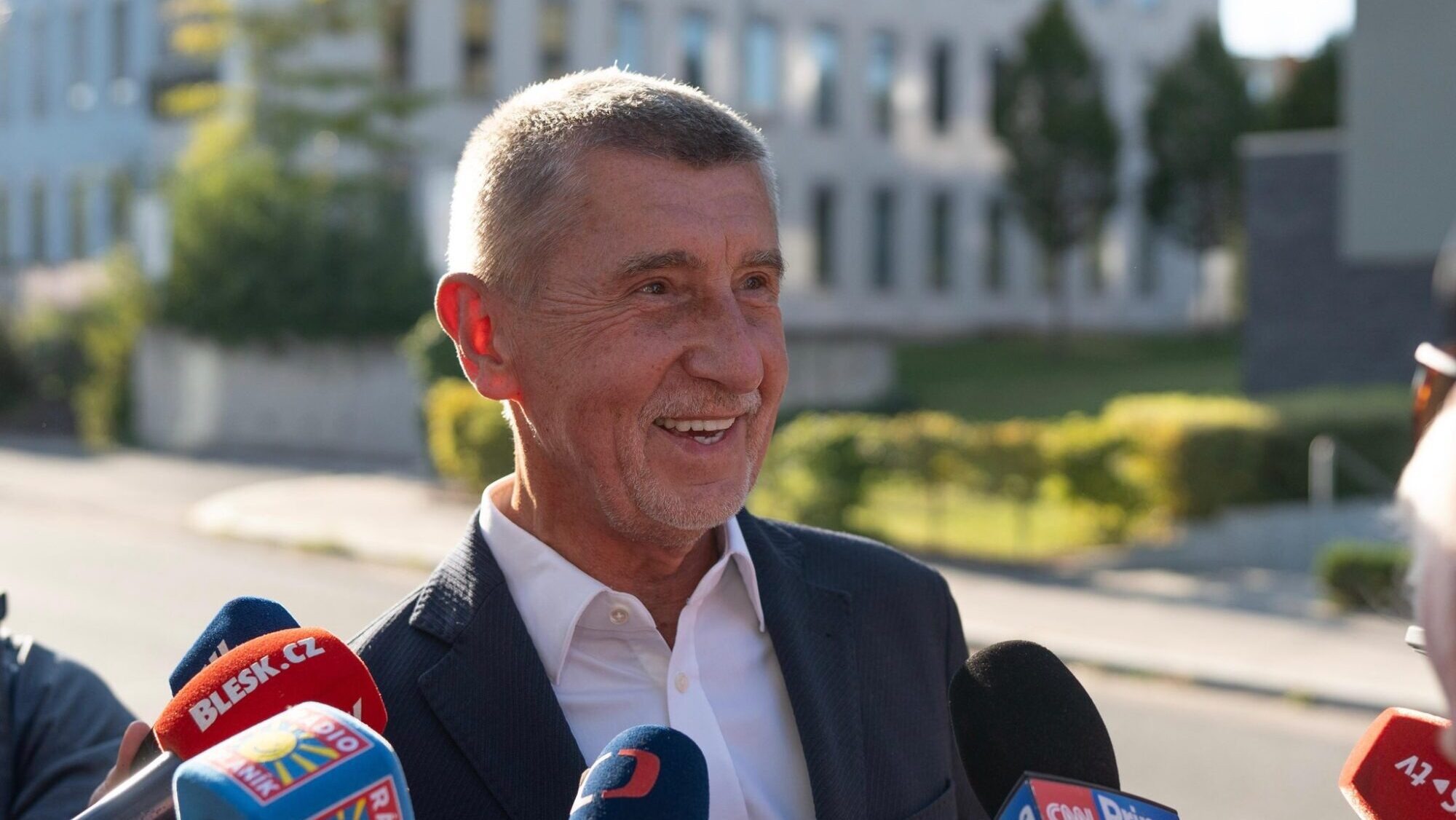
ANO leader Andrej Babiš
Photo: @AndrejBabis on X, 21 September 2024
The Czech regional elections over the weekend ended as expected with the landslide victory of former prime minister Andrej Babiš’ sovereigntist ANO 2011 party, a member of the Patriots for Europe (PfE) EU Parliamentary group. ANO’s massive lead over the ruling coalition as well as leftist opposition parties still came as quite a shock to the establishment. Commentators are already expectingPetr Fiala’s center-right government to have a hard time staying in power after next year’s general elections.
Voters had the chance to participate in two elections: one to elect the 45 to 65 regional councilors in each of the country’s 13 regions, and one to elect one-third (27 members) of the 81-seat Senate. ANO came out on top in both, winning the most seats in 10 regions and two of the five Senate seats where a clear winner was declared. In the Senate districts where no candidate reached 50% of the vote, and run-off elections will be held next week, ANO advanced 19 additional candidates.
The anti-establishment ANO received a vote share of 35.4% in the regional elections, translating to 292 seats out of the nationwide total of 675—a staggering increase of 120 seats compared to 2020. PM Petr Fiala’s Civic Democratic Party (ODS), a member of the European Conservative and Reformist (ECR) group, came in second with only 106 seats.
Czechia, regional parliament elections, final results:
— Europe Elects (@EuropeElects) September 22, 2024
Seats won by party
ANO-PfE: 292 (+120)
ODS-ECR: 106 (+8)
STAN-EPP: 93 (+5)
KDU/ČSL-EPP: 49 (-7)
SPD-ESN: 32 (+7)
KSČM-NI: 32 (+20)
TOP 09-EPP: 16 (-4)
SocDem-S&D: 13 (-21)
Piráti-G/EFA: 3 (-96)
+/- vs. 2020 regional… pic.twitter.com/G1r4Q71ckc
Fiala gave a short and reserved speech in the aftermath, saying that ANO’s success was predictable and highlighting instead the government’s success in two southern regions. But Czech commentators regard the results to be a “wake-up call” for the center-right Spolu (‘Together’) coalition, which will seriously need to rethink its electoral strategy ahead of the 2025 general elections if it wants to remain in power.
ANO leader Andrej Babiš hailed the results as a “phenomenal success,” especially in Central Bohemia, where his party won an unexpected and decisive victory despite the region believed to be an unshakeable ODS stronghold.
— Andrej Babiš (@AndrejBabis) September 21, 2024
Meanwhile, the social democrat SOCDEM lost 24 seats and shrank to only 13. Most of its former voters appear to have defected to the Communist Party (KSČM), which more than doubled its power and is now at fifth place with 32%.
But the biggest loser is undoubtedly the Czech Pirate Party, which saw its numbers dwindle from 99 councilors to just three in four years. The leftist party with a strong focus on digitalization, privacy, and online free speech had been a staple of Czech politics for years and was even Spolu’s coalition partner in the government since 2021, but it seems the Czech people have grown tired of it. Pirate leader Ivan Bartoš promptly offered his resignation in light of the party’s dismal showing.
ANO’s allies in the Patriot group were quick to congratulate Babiš on X. ANO had been a member of Brussels’ liberal Renew group until earlier this year, before switching to the newly formed Patriots ahead of the EU elections following years of worsening relations with the Macron-led center-left group.
🇨🇿 | Congratulations to our friend @AndrejBabis and his party ANO on the big win in the Czech regional elections that took place today! pic.twitter.com/RarufAZJEx
— Patriots for Europe (@PatriotsEP) September 21, 2024
